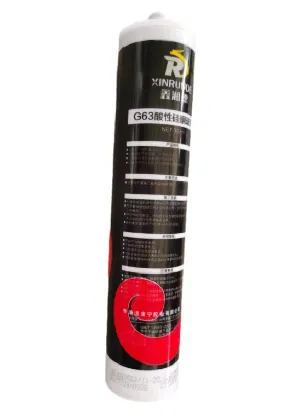loading...
- No. 9, Xingyuan South Street, Dongwaihuan Road, Zaoqiang County, Hengshui, Hebei, China
- admin@zjcomposites.com
- +86 15097380338
- Welcome to visit our website!
Durable and Slip-Resistant FRP Stair Treads for Industrial and Commercial Applications
Fiberglass Reinforced Plastic (FRP) treads have become increasingly popular in various industries and applications. Known for their durability, anti-slip properties, and resistance to harsh environmental conditions, FRP treads offer a range of advantages that traditional materials like wood, steel, and concrete may not provide.
One of the most significant benefits of FRP treads is their outstanding durability. Made from a composite material comprising fiberglass reinforcements and a resin matrix, FRP treads exhibit unparalleled strength and resilience. They can withstand heavy loads and high-impact pressures, making them ideal for high-traffic areas such as industrial walkways, stairways, and platforms. Unlike wood, which can rot, splinter, or warp over time, or metal, which can rust and corrode, FRP maintains its integrity even under the most challenging conditions.
.
Another key feature of FRP treads is their resistance to environmental factors. Whether exposed to chemicals, moisture, or extreme temperatures, FRP treads do not corrode, rust, or degrade. This chemical and corrosion resistance makes them suitable for harsh environments such as chemical plants, wastewater treatment facilities, and marine applications. Their ability to withstand UV radiation also ensures that they won’t become brittle or lose their structural integrity when used outdoors.
frp treads

The lightweight nature of FRP treads is another advantage worth noting. Despite their robust structure, FRP treads are lighter than their metal counterparts, making them easier to transport and install. This can result in significant cost savings in terms of labor and machinery required for installation. Furthermore, their lightweight nature does not compromise their strength, as FRP treads can still handle heavy loads and endure substantial wear and tear.
Moreover, FRP treads are low-maintenance. They do not require painting, coating, or other forms of upkeep that traditional materials might need. Their long-lasting performance ensures that once installed, they will not need frequent replacements or repairs, reducing maintenance costs over time. This makes FRP treads a cost-effective and practical solution for businesses looking to minimize long-term expenditure.
Lastly, FRP treads are environmentally friendly. The production process of FRP materials consumes less energy compared to the manufacturing of metals, thereby reducing the overall carbon footprint. Additionally, the longevity and low-maintenance nature of FRP treads mean fewer resources are needed for replacements and repairs, contributing to sustainable practices.
In conclusion, FRP treads offer a myriad of benefits, from their exceptional durability and anti-slip properties to their resistance to environmental factors and low maintenance requirements. Their lightweight nature and eco-friendly attributes further enhance their appeal. Whether for industrial, commercial, or residential use, FRP treads provide a reliable, safe, and cost-effective flooring solution that meets the demands of various challenging environments. As technology advances, it is likely that the applications of FRP treads will expand, solidifying their place as a go-to material for safe and durable walking surfaces.
-
GRP Structures: The Future of Lightweight, High-Performance EngineeringNewsJun.20,2025
-
FRP Water Tank: High-Performance Storage for Corrosive and Clean Water SystemsNewsJun.20,2025
-
FRP Square Tube: The New Industry Standard for Chemical and Structural ApplicationsNewsJun.20,2025
-
FRP Pultruded Profiles: The Ultimate Choice for Lightweight Structural StrengthNewsJun.20,2025
-
FRP Handrails: The Safer, Smarter, and Stronger Choice for Modern InfrastructureNewsJun.20,2025
-
FRP Grating: The Smart Solution for Durable, Lightweight Industrial FlooringNewsJun.20,2025
-
Why Choose a Galvanized Water Tank for Your Storage NeedsNewsMay.21,2025
